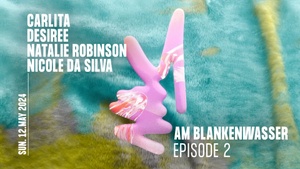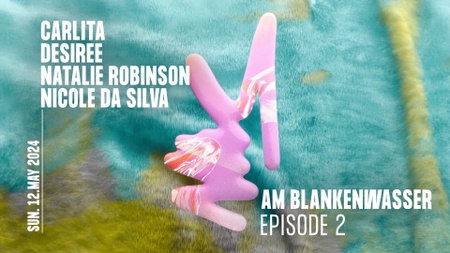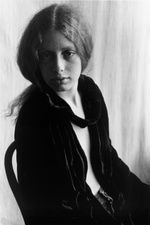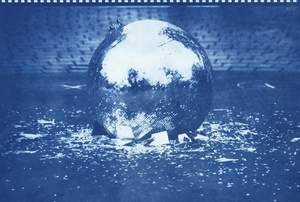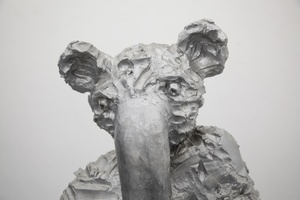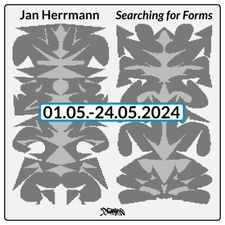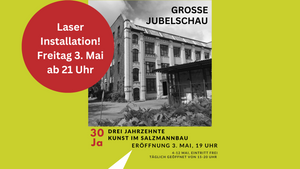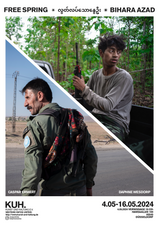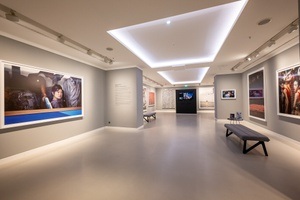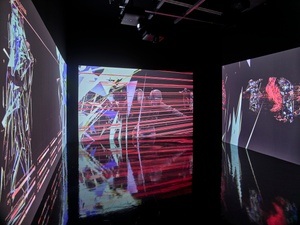Riss durch Europa. Die Folgen des Hitler-Stalin-Paktes
In the organizer's words:
Opening: April 11, 6 p.m.
Duration of the exhibition: April 12 to June 14, German/English (12.04.-14.05.) / Ukrainian/English (15.05.-14.06.)
On August 23, 1939, the German Reich and the Soviet Union signed a non-aggression treaty with a secret additional protocol. This went down in history as the Hitler-Stalin Pact or the Molotov-Ribbentrop Pact after the two foreign ministers who signed it. However, it is not only the name that differs, but also the importance attached to the treaty in Western and Eastern Central Europe. This makes the pact a controversial historical issue to this day. The secret additional protocol divided East Central Europe between the Baltic Sea and the Black Sea into a German and a Soviet sphere of interest. Between the signing in 1939 and the German invasion of the Soviet Union on June 22, 1941, both contracting parties brutally implemented this division. While the National Socialist terror spread across Poland and large parts of Western and Northern Europe, a large part of East Central Europe fell victim to Stalinist terror. Both parties started wars, annexed territories and killed, deported and expelled people. In Western Europe, the Stalinist terror resulting from the secret additional protocol is little known. In Central and Eastern Europe, however, the consequences are a central event in the confrontation with one's own history. In the last fifteen years, these conflicting meanings have also been reflected at the level of European politics.
The exhibition is a cooperative project between the Chair of Eastern European History at HHU Düsseldorf and the Museum Berlin-Karlshorst. It brings the historical events and processes in East Central Europe between August 23, 1939, the signing of the Pact, and June 22, 1941, the beginning of the German invasion of the Soviet Union, as well as their memory, closer to a broad public. It provides a broad public with access to the historical-political debates on the Second World War about memories, which have gained new intensity as a result of Russia's invasion of Ukraine in violation of international law.
Funded by: Landschaftsverband Rheinland (LVR), Federal Commissioner for Culture and the Media, Institute for Culture and History of the Germans in North-Eastern Europe (IKGN)
This content has been machine translated.

